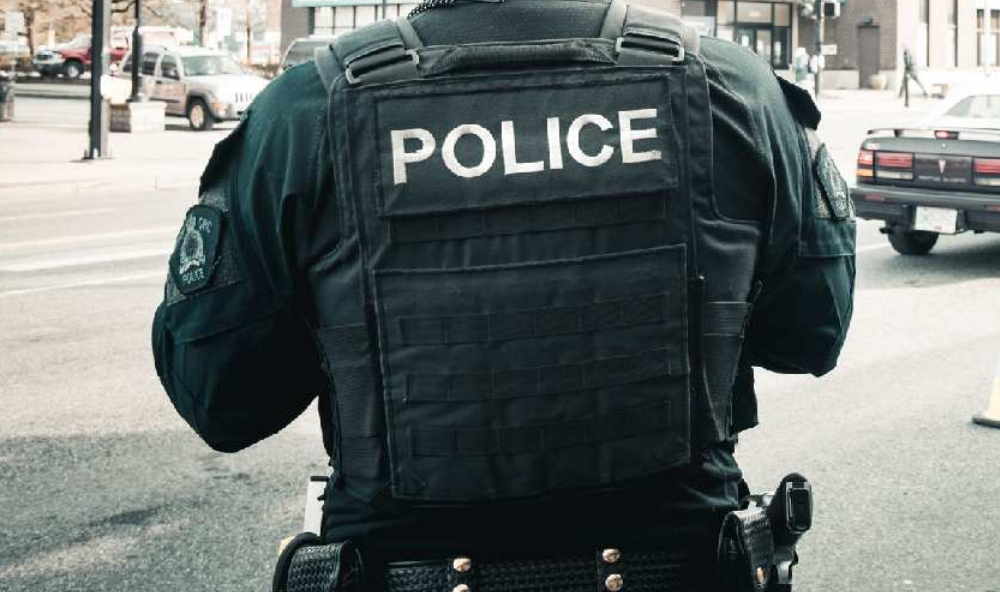
A local environmental group has urged the District of Squamish to stand against a provincial RCMP critical response unit.
Spencer Fitschen and Maryam Adrangi of the Rising Tide Squamish appeared before the council on September 24 to present a motion asking for a formal rejection of the Critical Response Unit-British Columbia (CRU-BC), formerly known as the Community-Industry Response Group (C-IRG).
“This is a highly militarized arm of the RCMP, and its playbook was developed by a former U.S. military strategist in Iraq and Afghanistan,” said Adrangi. “There have been over 500 formal complaints against the unit, which is currently under systemic investigation by the Civilian Review and Complaints Commission (CRCC).”
The duo noted that while the unit is not yet active in Squamish, its involvement in other parts of the province has been marked by significant controversy. Among the complaints are allegations of police overreach, harassment, and violations of the Canadian Charter of Rights and Freedoms. The CRU has also used dogs, gas, and violent tactics against Indigenous groups, according to Adrangi.
The motion presented to the council called for the District to communicate to the RCMP that the CRU’s presence would not be recognized as contributing to public safety. It also requests that taxpayer funding for the unit be withdrawn and that a public accountability forum be established to ensure transparency regarding the RCMP’s response to public protests.
Councillor Chris Pettingill supported the motion but expressed reservations. He noted that after his discussions with the local RCMP, he was unsatisfied with the responses he received regarding the tactical unit’s conduct. He also said the request to withdraw taxpayer funding from the CRU might not go far enough, suggesting that a unit with such a mandate has no place in Canada.
“The tactics we’ve seen used by the CRU are incredibly concerning, particularly in the context of reconciliation,” he said. “From what I’ve observed, these tactics do not belong in Squamish—or, quite frankly, anywhere in Canada. I hope we will make a strong statement on this.”
However, Pettingill also clarified that his concerns were specific to the CRU and not reflective of Squamish’s local RCMP. “I have not seen these sorts of CRU tactics enacted by our local force,” he explained. “I wanted to draw a clear distinction between our current area of concern and the discussion we’re having. Our local RCMP has acted much more consistently with community values, and for me, this is a separate issue from the conduct of our local officers.”
Councillor Greenlaw echoed Pettingill’s concerns but also expressed confidence in the local RCMP’s approach. “I’ve met many of our local police officers, and I have a lot of confidence that they are looking out for the best interests of our community members,” said Greenlaw. “But I do have concerns based on what’s happened in our province to date, and I want to make sure that our citizens are safe.”
Councillor Andrew Hamilton cautioned against local government overreach in directing police operations. “I want to speak for a moment on the importance of local government not explicitly directing the actions of the RCMP or policing force,” Hamilton said. “We need to think very carefully if we want to go into a space where local government has direct authority over the actions of the RCMP. There are scenarios where that might not be desirable. Maintaining a separation of authority between the RCMP and local government is something we should seriously consider.”
The CRU, formed in 2017, has primarily been tasked with responding to protests against resource development projects. The council passed a motion asking the local Squamish RCMP detachment to appear before the council and speak on the issue.



